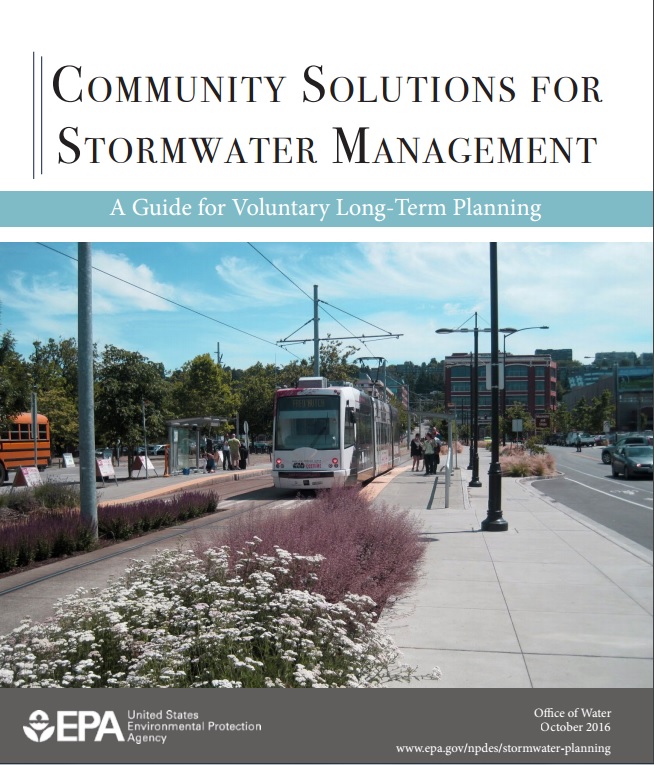In January, the Natural Capital Committee, an independent body that advises the British government, released its third and final State of Natural Capital report. According to the report, urgent action is needed to reverse the long-term decline in natural capital across the country.
Natural capital provides ecosystem services, such as clean water, but a debt in this capital is endangering economic growth as well as public and environmental well-being. Additionally, natural capital is under mounting pressure, with climate change and greater population growth expected over the next 25 years than ever before in the country’s history.
The report discusses how natural capital should be measured in terms of assets and benefits, its role in long-term investments, and how decision making can better incorporate the value of natural capital. Additionally, it seeks to address natural capital targets, or how much is needed, as well as what capital is at greatest risk and what are the costs and benefits. According to the report, the UK should embrace a holistic 25-year plan to improve natural capital. Some natural capital investments offering high economic return include creating urban forests, peatland restoration and wetland creation, and intertidal habitat creation.
The report also outlines a variety of different funding options, such as capital maintenance payments from public, nonprofit, and private sector asset owners as well as compensation payments from developers. Read more natural capital reports.














